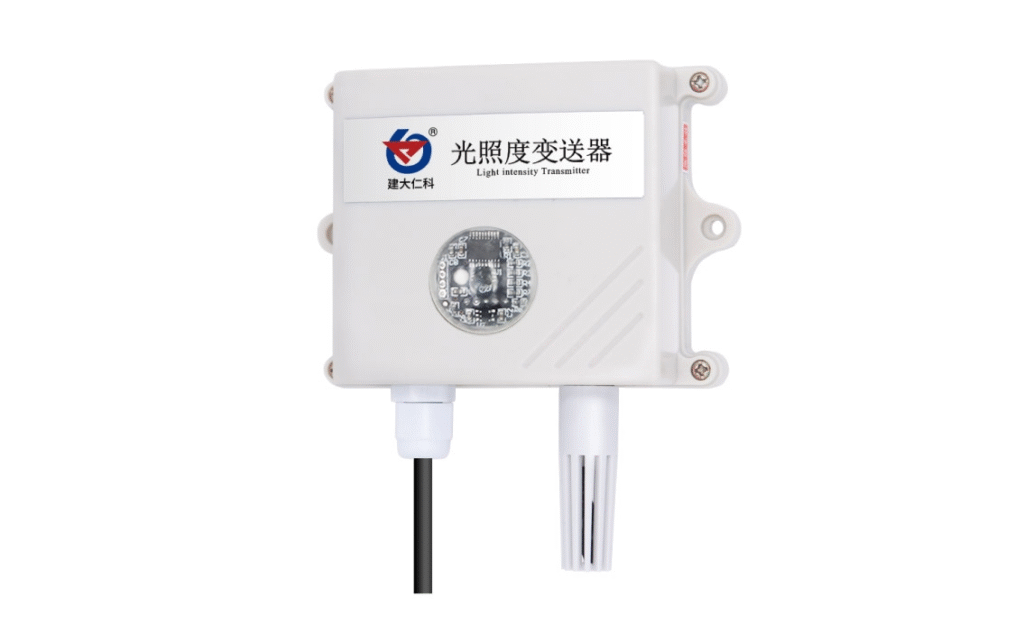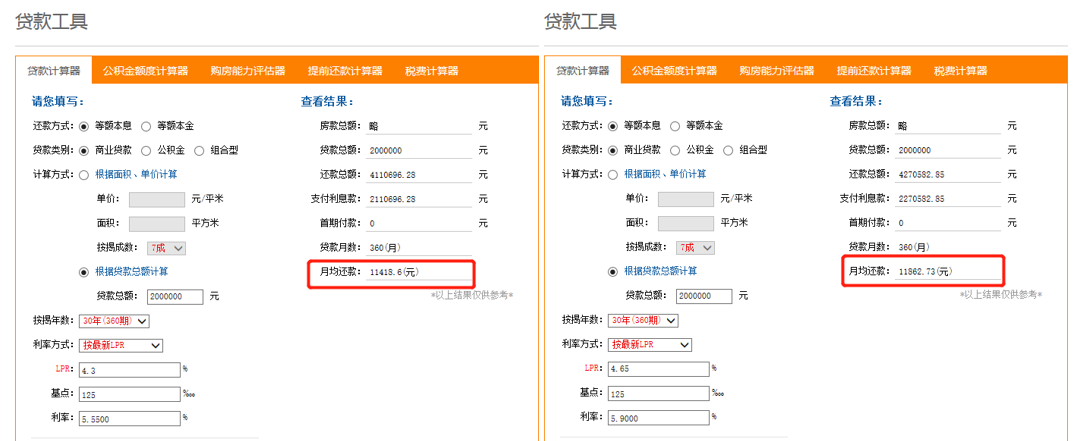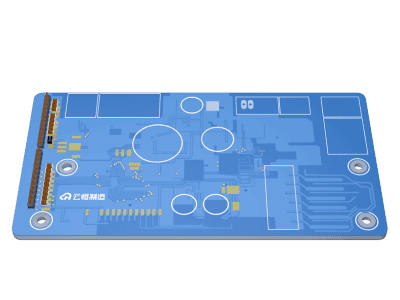Title:NavigatingtheEver-EvolvingLandscapeoftheElectronicsIndustry(电子产业用英语怎么说)
Innovation and Research
At the heart of this industry lies a deep commitment to research and development, fostering groundbreaking discoveries. Companies invest heavily in R&D to create new devices and improve existing ones, ensuring they stay ahead in the fiercely competitive market. State-of-the-art labs around the globe are dedicated to exploring everything from advanced semiconductor materials to quantum computing technologies. These innovations not only enhance product capabilities but also open doors to entirely new markets and applications, driving the industry's relentless progress.
Manufacturing and Global Supply Chains
The manufacturing process within the electronics industry is a complex web of global supply chains, with sophisticated components often requiring specialized materials and precision assembly. This has led to a distributed model of production, where different stages of the manufacturing process can take place in various countries, optimizing costs, expertise, and efficiency. However, this highly globalized approach also means that disruptions in one region can have far-reaching effects on the entire industry.
Consumer Market Dynamics
Consumer demand exerts a significant influence on the electronics industry, determining which products succeed and fail in the marketplace. As consumers increasingly seek personalized and high-performance gadgets, companies must adapt quickly to changing trends. Smartphones, tablets, wearable devices, and home automation systems are prime examples of how consumer preferences shape product development and marketing strategies. A nuanced understanding of user needs and behaviors is crucial for companies to thrive in this dynamic environment.
Environmental Impact and Sustainability
As awareness of environmental issues grows, the electronics industry faces mounting pressure to adopt sustainable practices. The lifecycle of electronic products, from raw material extraction to disposal, has significant ecological implications. In response, many companies are exploring ways to reduce their carbon footprint, such as using renewable energy sources and designing for recyclability. The push toward sustainability not only benefits the planet but also resonates with an increasingly eco-conscious consumer base.
Regulation and Compliance
Operating within a global industry means navigating a diverse landscape of regulations and standards. Complying with laws related to safety, health, and environmental impact is essential for companies that wish to sell their products internationally. Additionally, intellectual property rights play a critical role in protecting innovations and preventing copyright infringement. Staying informed and compliant is vital for companies looking to expand into new territories as regulations continue to evolve.
Technological Integration and Convergence
The boundaries between different technological domains are blurring as devices become more integrated and multifunctional. Smart homes that seamlessly connect lighting, heating, and entertainment systems are just one example of how various electronic systems are converging. The Internet of Things (IoT) is driving this trend further, enabling everyday objects to connect and communicate with each other, offering enhanced convenience and efficiency. This integration requires sophisticated software platforms and hardware that can interact seamlessly across different applications, paving the way for future innovations.
Workforce Development and Education
A skilled workforce is essential for the electronics industry to maintain its momentum. Investment in education and training programs ensures a talent pool ready to tackle complex engineering challenges. Universities and technical schools collaborate closely with industry leaders to provide relevant curricula that align with current and future needs. Continuous learning opportunities help employees stay abreast of rapid technological changes, ensuring they can effectively contribute within this fast-paced sector.
In conclusion, the electronics industry stands at the forefront of innovation, constantly pushing the boundaries of what's possible. Its ability to adapt and evolve is central to its success, driven by a combination of relentless research, global collaboration, consumer insights, and a growing emphasis on sustainability. As technology continues to weave itself into the fabric of daily life, the electronics industry remains poised to play a pivotal role in shaping our future.



















